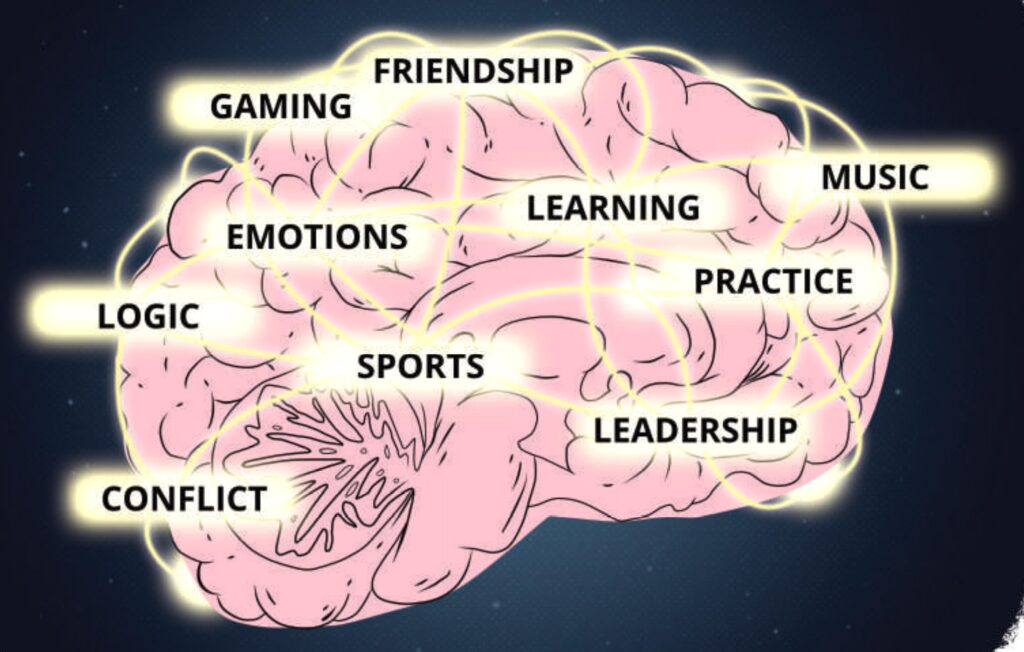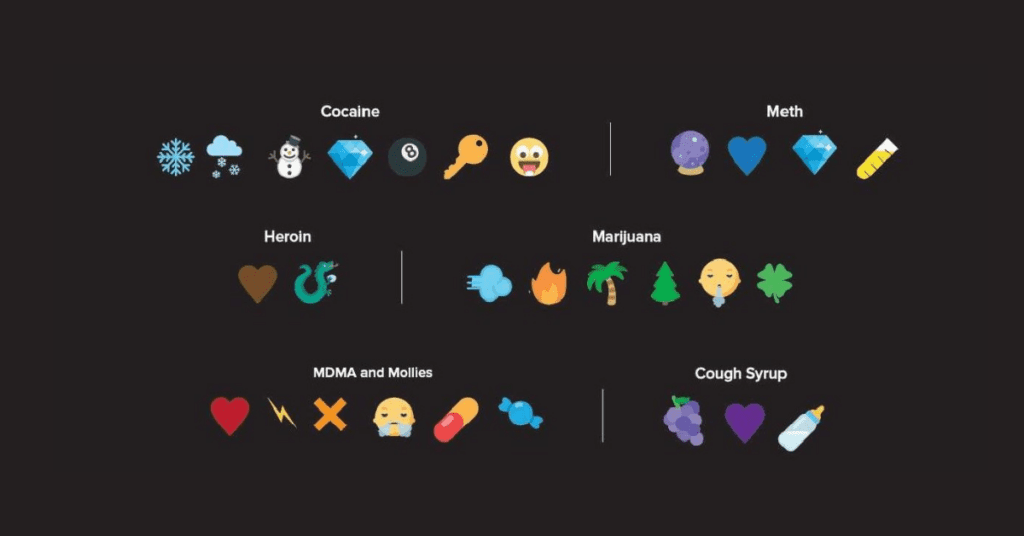Keeping Kids Safe
-

Gaming’s Effects on Young Brains
As much as games are fun and exciting, they also have risks and some people are more vulnerable. Source: Greo Evidence Insights
-
 Connecting with Teens Fentanyl Keeping Kids Safe Marijuana Prescription Drugs Underage Drinking Vaping & Tobacco
Connecting with Teens Fentanyl Keeping Kids Safe Marijuana Prescription Drugs Underage Drinking Vaping & Tobacco7 Substance Use Trends Parents Need to Know in 2025
This video and article break down the key trends for 2025—no scare tactics, just real information to help you guide and support your teen. Source: Partnership to End Addiction Teen substance use trends are always changing, and staying informed can help parents have better conversations with their kids. The good news? Teen substance use is…
-

Linn County Teen-Approved Conversation Starters
Need ideas for getting teens talking about the risks of alcohol and other drug use? Try these suggestions from Linn County high school students.
-

Evive App Helps to Redefine Your Relationship with Gambling
Evive helps to redefine your relationship with gambling and get immediate, tailored help for change. The app is free for Oregonians. Keep It Safer: Want to keep your gambling safe? Discover ways to minimize your risk. Cut Back: Want to gamble less? Discover ways to cut back on the time and money spent betting. Stop…
-

How to Tell if Your Child is Drinking Alcohol or Using Other Drugs
Although the following signs may indicate that your child has a problem with alcohol or other drugs, some may also reflect normal growing pains. Source: Substance Abuse and Mental Health Services Administration
-

150 Ways to Show Kids You Care
150 Ways to Show Kids You Care is a wonderful tool for nurturing connections with the children in your life. Keep the list handy and try something new each day. Source: Search Institute
-
Talk to Kids About the Risks of Vaping
Talk to Kids About the Risks of Vaping
Many teens vape on a regular basis, and most choose flavored e-cigarettes. Many kids think vaping is harmless, but it can have serious health consequences. Given the right tools and information, parents, educators, and other influential adults can make a profound difference in the lives of their children and students by sharing the facts and…
-
 Fentanyl Keeping Kids Safe Marijuana OTC Medicine Other Illicit Substances Prescription Drugs Signs & Symptoms
Fentanyl Keeping Kids Safe Marijuana OTC Medicine Other Illicit Substances Prescription Drugs Signs & SymptomsEmoji Drug Code Decoded
Emojis were originally designed to represent an emotion, event, or activity, but some have recently taken on a language of their own. Source: One Pill Can Kill campaign, U.S. Drug Enforcement Administration
-

The Teen Brain: 7 Things to Know
Did you know that big and important changes happen in the brain duringadolescence? Here are seven things to know about the teen brain. Source: National Institute of Mental Health